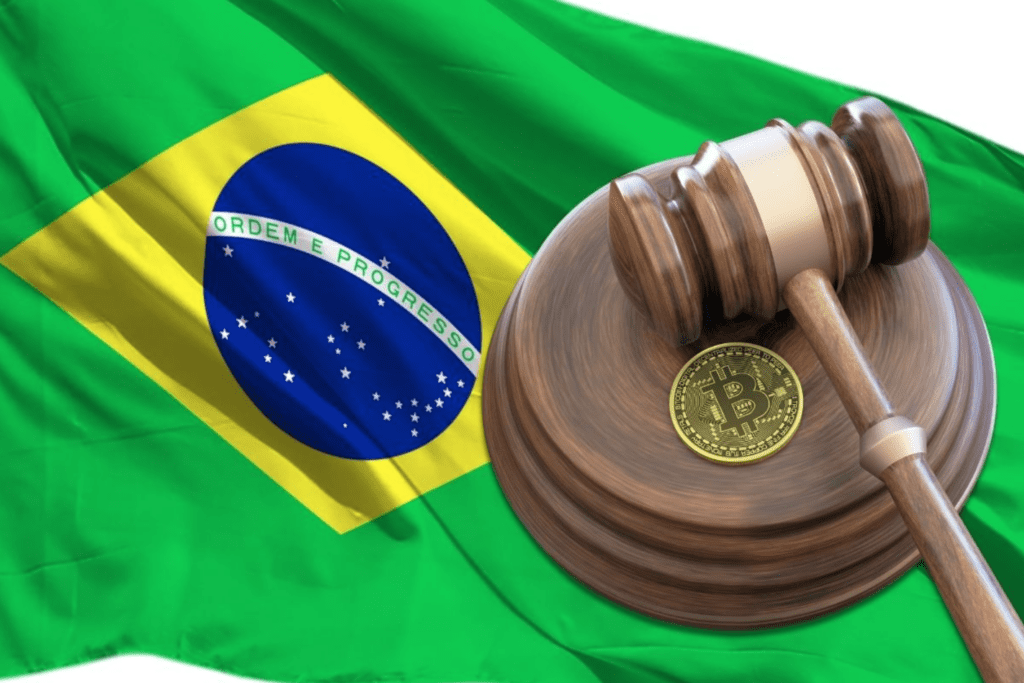Key Points:
- President Jair Bolsonaro signed what is now Law 14,478, which governs the Brazilian cryptocurrency industry.
- The law takes effect in 180 days, providing businesses time to adjust to the new rules.
- Exchanges and trading middlemen who deal with crypto assets must obtain a “virtual service provider” license.
- The government now has a new crime of embezzlement specializing in virtual assets, punishable by 4 to 8 years in prison and a fine under the new law.
Brazil’s President Jair Bolsonaro signed a the Crypto Regulations just passed by the country’s Chamber of Deputies and Senate on Thursday.

The Crypto Regulations was sanctioned President Jair Bolsonaro what is now Law 14,478, which regulates the crypto industry in Brazil. The idea was approved in the Chamber of Deputies on November 29 and has until yesterday to be sanctioned.
The crypto regulation goes into effect in 180 days, giving enterprises in the industry time to adapt to the new standards. With the crypto regulations, the country now has a new crime of embezzlement specializing in virtual assets, with a punishment of 4 to 8 years in prison and a fine. Furthermore, organizations that deal with crypto assets, such as exchanges and trading intermediaries, must now get a “virtual service provider” license.
The Crypto Regulations also govern the market competency of regulatory organizations. Cryptoassets that are regarded as securities will be regulated by the Securities and Exchange Commission (CVM), while assets that do not fit into this category will be regulated by another agency chosen by the Executive Branch. It is expected that it will remain with the Central Bank.

According to Renata Cardoso, partner at Lefosse Advogados, while this regulatory body is not defined and the Crypto Regulations are not regulated in the infra-legal sphere, practical aspects of its application are hampered, because many of the provisions of the law depend on regulation, such as the definition of which financial assets are regulated by it, how the operating authorization process will take place for a virtual asset service provider, and the parameters for.
Specialists claim that with segregation, clients’ equity would be safeguarded in the case of a brokerage collapse, easing the restoration of assets. Exchanges opposed to the legislation believe that the issue was not apparent in the original Senate text, and that segregation could hinder the operation of common yield products in the crypto environment, such as staking (passive income in crypto).
DISCLAIMER: The Information on this website is provided as general market commentary and does not constitute investment advice. We encourage you to do your own research before investing.
Join us to keep track of news: https://linktr.ee/coincu
Website: coincu.com
Chubbi
Coincu News






















